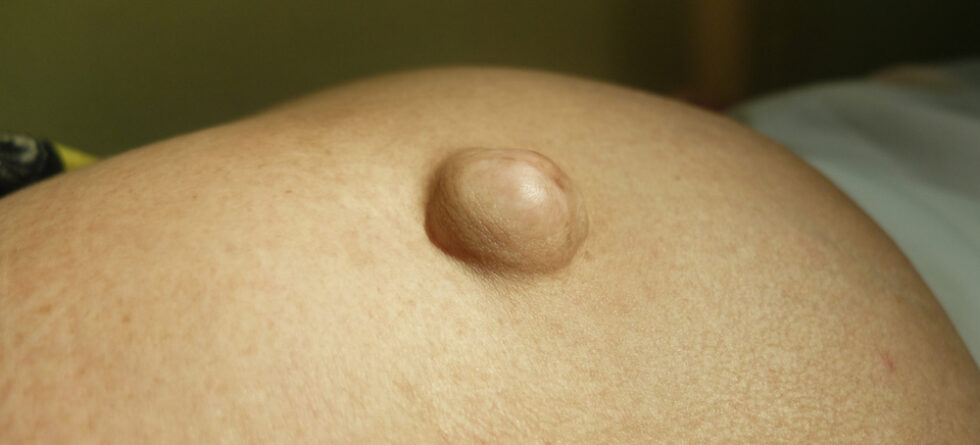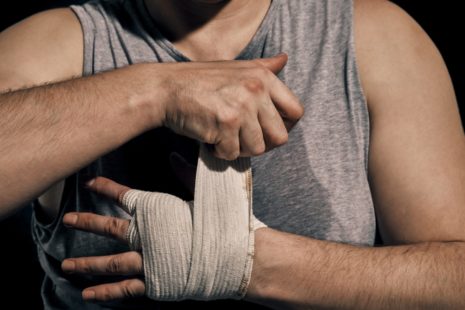While it’s uncommon, it is possible to develop a hernia from Brazilian Jiu-Jitsu (BJJ) or other grappling sports. A hernia occurs when an organ or fatty tissue protrudes through a weak spot or tear in the abdominal wall muscles. The increased intra-abdominal pressure and repetitive twisting, pulling, and straining movements involved in BJJ can potentially contribute to the development of a hernia, particularly in individuals who have underlying weaknesses in the abdominal wall or are predisposed to hernias due to factors such as genetics, age, or previous surgeries.
Some key factors that may increase the risk of developing a hernia in BJJ include…
- Repetitive Strain – BJJ involves a combination of grappling, twisting, and explosive movements that place stress on the muscles and tissues of the abdomen. Over time, repetitive strain and overexertion can weaken the abdominal muscles and increase the risk of developing a hernia.
- Direct Trauma – Direct blows or impacts to the abdomen during training or sparring sessions can potentially cause trauma to the abdominal wall and increase the risk of herniation, especially if the force is significant or repetitive.
- Lack of Core Strength – Weakness in the muscles of the core, including the abdominals, obliques, and pelvic floor muscles, can impair stability and support of the abdominal wall, making it more susceptible to herniation.
- Improper Technique – Performing BJJ techniques with improper form or biomechanics, such as excessive twisting or straining without adequate core engagement, can increase the risk of abdominal muscle strain and herniation.
- Pre-existing Conditions – Individuals with pre-existing weaknesses in the abdominal wall, such as diastasis recti (separation of the abdominal muscles), previous hernias, or surgical scars, may be at a higher risk of developing a hernia during BJJ.
While the risk of developing a hernia from BJJ is relatively low compared to other sports or activities, it’s essential to be aware of the signs and symptoms of a hernia, which may include…
- A visible or palpable bulge or lump in the abdomen or groin area
- Pain or discomfort in the abdomen, particularly during physical activity or lifting
- Nausea, vomiting, or changes in bowel movements (less common)
If you experience any symptoms suggestive of a hernia, it’s crucial to seek medical evaluation promptly. A healthcare professional, such as a doctor or surgeon, can perform a physical examination, order diagnostic tests (e.g., ultrasound, MRI), and provide appropriate treatment recommendations, which may include observation, lifestyle modifications, or surgical repair, depending on the severity and type of hernia. Practicing proper BJJ techniques, maintaining strong core muscles, and listening to your body’s signals during training can help reduce the risk of hernias and other abdominal injuries in BJJ.




